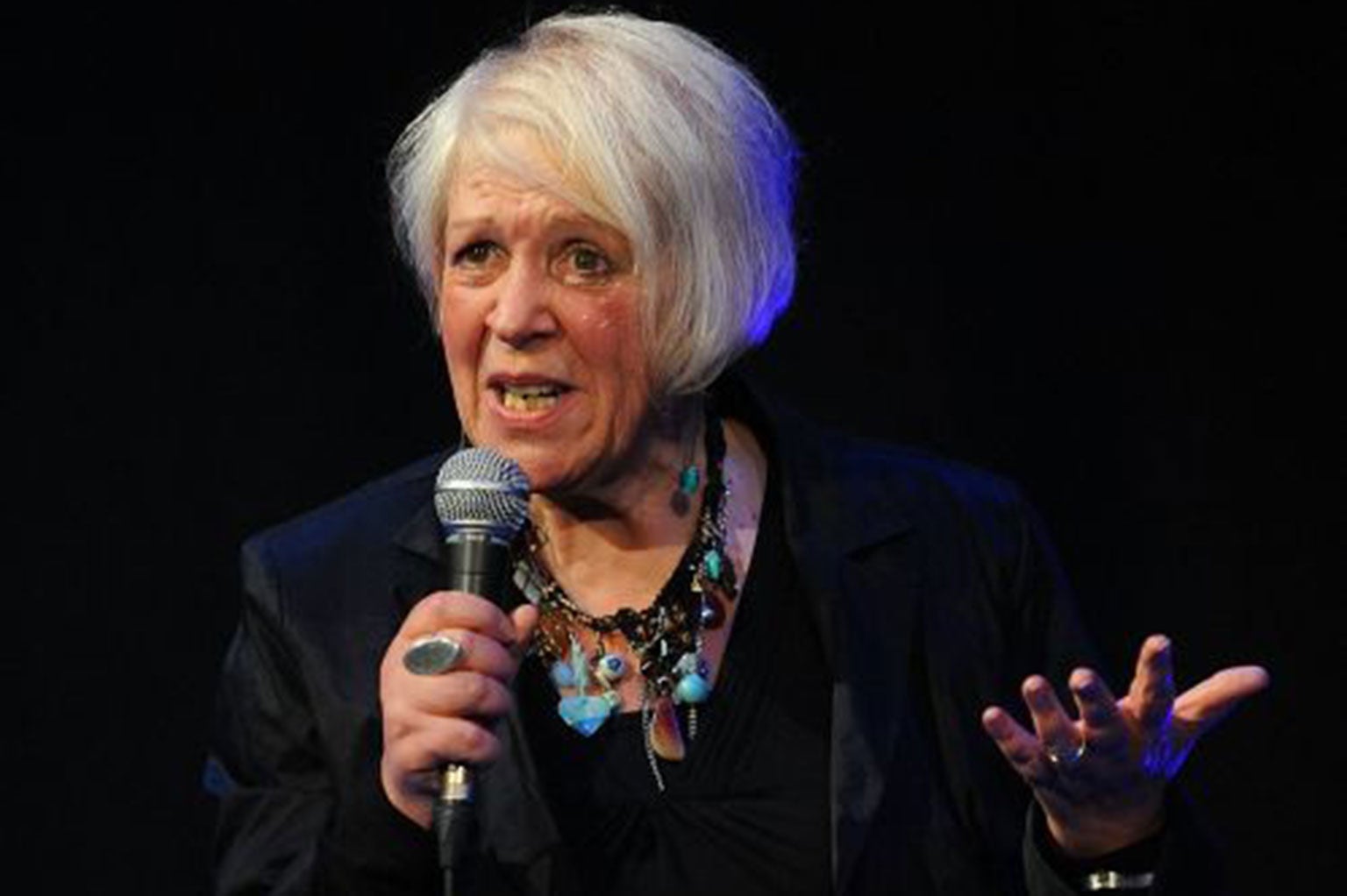Liz Lochhead: Writer and winner of the Queen's Gold Medal for Poetry 2015
Acclaimed writer was the unanimous choice of the poetry medal committee on the basis of her body of work

Has she got her audience hanging on her every word?
Yes – the reading public and the literary movers and shakers. The writer Liz Lochhead has been named as the winner of the Queen's Gold Medal for Poetry 2015. Credited with “helping to change the landscape of British poetry”, the acclaimed writer was the unanimous choice of the poetry medal committee on the basis of her body of work.
Sounds like she’s got a cabinet full of accolades…
She nearly followed another path. Born in Motherwell in 1947, the poet and playwright attended Glasgow School of Art. Ms Lochhead became a professional writer only after teaching and lecturing in fine arts for eight years. The Queen has approved the judges’ recommendation and will present Scotland's national poet with the honour next year.
What are her biggest works?
Her first collection of poems, Memo for Spring, was published in 1972 and won a Scottish Arts Council book award. In 2005 she became the Poet Laureate for Glasgow, a position she held until 2011. A seasoned playwright, several of her works, including Mary Queen of Scots Got Her Head Chopped Off, have been performed on Radio 4.
Is she a worth recipient of this latest award?
Carol Ann Duffy is certain she is. The Poet Laureate, who chaired the medal's judging committee which met in Windsor last month, said: "Liz Lochhead has made a unique contribution to Scottish poetry. Since the early 1970s she has influenced an entire generation of other writers, bringing a new kind of poetry performance to the stage, as well as a different set of rhythms to the page.”
If it’s good enough for Carol Ann Duffy…
Ms Duffy added: "From the start, she spoke in her own feisty, female voice, mixing old Scots with new Scots…and she did this with a galvanizing spirit and vitality that helped to change the landscape of British poetry." The Gold Medal for Poetry was instituted by George V in 1933. The honour is awarded for excellence in poetry for either a body of work or an outstanding poetry collection published during the year of the award.
Join our commenting forum
Join thought-provoking conversations, follow other Independent readers and see their replies
Comments